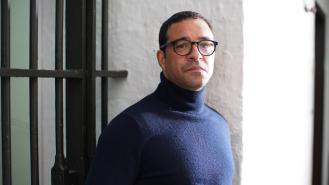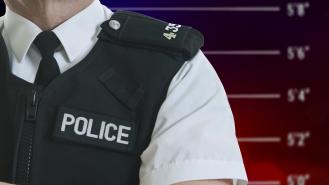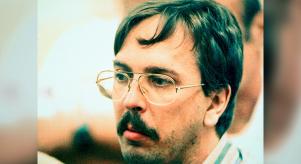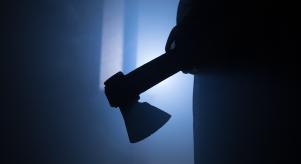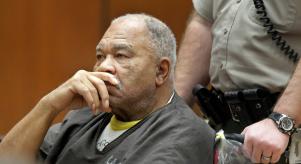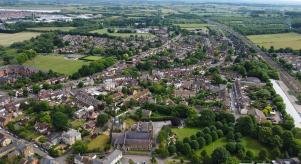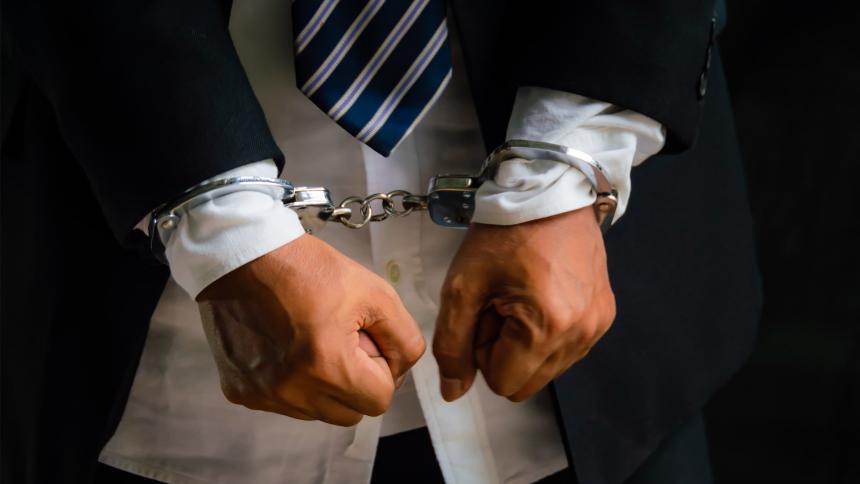
Innocent men: Four wrongful convictions from the UK
To be locked away for years, even decades, for a crime you didn’t commit is an unimaginably horrible experience. Unfortunately, such miscarriages of justice have repeatedly occurred throughout British history. Here are four of the most recognisable examples.
The Bridgewater Four
One September day in 1978, a 13-year-old paperboy named Carl Bridgewater was out on his round near Stourbridge, West Midlands. One of the final calls on his route was Yew Tree Farm, the isolated home of two elderly cousins who were away. By terrible coincidence, armed robbers happened to be in the house when Carl turned up. Caught red-handed, they shot the schoolboy dead.
It was an unprecedented, shocking crime with an equally appalling fallout, as four men were wrongly sent down for Carl’s murder. One of them, Patrick Molloy, died in prison in 1981, while the others – Michael Hickey, Vincent Hickey and Jimmy Robinson – served 18 years before their convictions were finally quashed.
The Bridgewater Four had come to police attention because of their involvement in armed robberies that year, including a raid on a Tesco where a shot was fired over a terrified staff member’s head. However, it later transpired that police investigating the paperboy’s murder had tricked Molloy into making a false confession, a revelation that rendered all four convictions unsafe. Their vindication came after almost two decades of anger and anguish, with one of the four, Michael Hickey, even staging a three-month protest on a prison roof back in 1983. The identity of Carl Bridgewater’s real murderer remains unknown.
The Birmingham Six
In November 1974, bombs detonated in two Birmingham pubs killing 21 people and injuring 182 more. Such was the force of the blasts that victims were propelled through brick walls and limbs were found scattered amid the rubble. Believed to have been carried out by the IRA, the bombings constituted the deadliest terrorist act on English soil until the 7/7 London attacks. They also led to one of the worst miscarriages of justice in the nation’s history.
Six men – Hugh Callaghan, John Walker, Gerard Hunter, Richard McIlkenny, William Power, and Paddy Hill – were arrested in connection with the atrocities. All were originally from Northern Ireland, and five of them had actually been on their way back to Belfast when they were detained by police. It was later alleged the men were deprived of food, beaten, and even subjected to mock executions while in police custody.
Four of the brutalised men signed confessions, and all six were found guilty in 1975. In the years that followed, news articles and documentaries cast doubt on the convictions. Crucially, it was revealed that forensic tests on the men, intended to prove they’d been handling explosives, were flawed. It turned out that the presence of playing cards and other innocuous items would also have triggered positive results.
The Birmingham Six
The Stockwell Six
In February 1972, six young Black men were arrested on the London Underground after getting on a train at Stockwell station. Their alleged crime? Attempting to rob an undercover police officer named Derek Ridgewell. At their trial, Ridgewell claimed one of his assailants had pulled a knife, saying “Give me some bread, man”. He claimed he’d fought back using his truncheon before other undercover officers came in from adjoining compartments to seize the six men.
Five were convicted and handed jail or borstal sentences. The sixth, Everet Mullins, was acquitted because he couldn’t read well enough to have understood the statement written for him by Ridgewell. Nearly 50 years passed before other members of the group – Courtney Harriot, Paul Green, Cleveland Davidson, and Texo Johnson – finally had their names cleared by the Court of Appeal in 2021.
Ridgewell, the cop responsible for what Davidson described as “a total stitch-up”, was linked to a series of other wrongful arrests. He got arrested himself for conspiracy to rob mailbags, dying behind bars in 1982. When a prison governor asked him how this seemingly upstanding policeman ended up becoming such an amoral criminal, Ridgewell replied very simply: “I just went bent”.
The Guildford Four and Maguire Seven
In October 1974, IRA bombs tore through two Guilford pubs, targeted because they were regular hangouts for British Army personnel. One civilian and four soldiers were killed, while many dozens of others were injured. A heated police investigation ensued, with three men and one woman – Gerry Conlon, Paul Hill, Paddy Armstrong, and Carole Richardson – arrested in December.
Later known as the Guildford Four, they all provided apparent confessions and were convicted of the bombings the following year. Meanwhile, a group of their friends and relatives, which included Gerry’s father Giuseppe, were convicted of helping them carry out the attacks. They would be dubbed the Maguire Seven.
The Guildford Four retracted their confessions, saying that they’d been coerced by way of violence and death threats. One member of the group, Paul Hill, later recalled how he’d been stripped naked and told he’d be thrown out of a window. It wasn’t until 1989 that the squalid truth of the police investigation was finally accepted and the Guildford Four were released. In 1991, the Maguire Seven were also freed, though it came far too late for Giuseppe Conlon, who’d died early into his sentence. The tragic story of Gerry and Giuseppe’s prison ordeal later formed the basis of the Oscar-winning Daniel Day-Lewis movie, In the Name of the Father.
